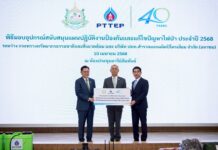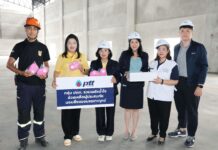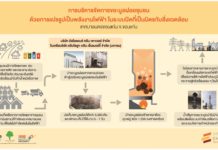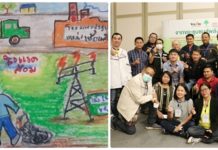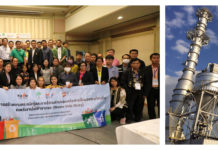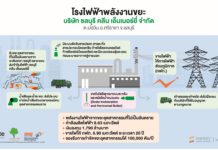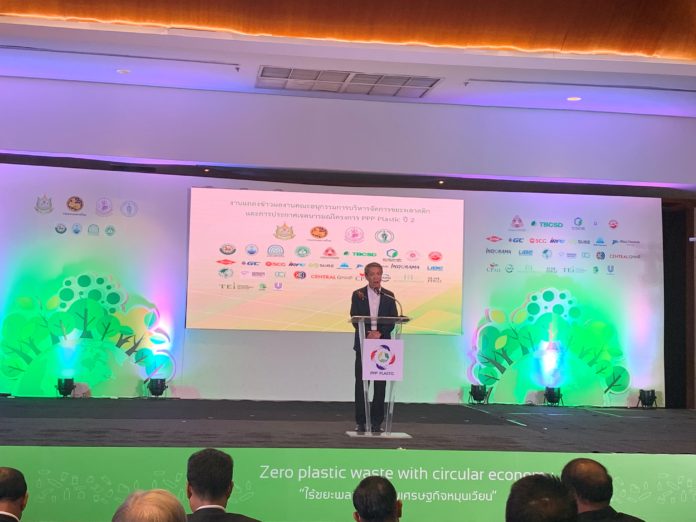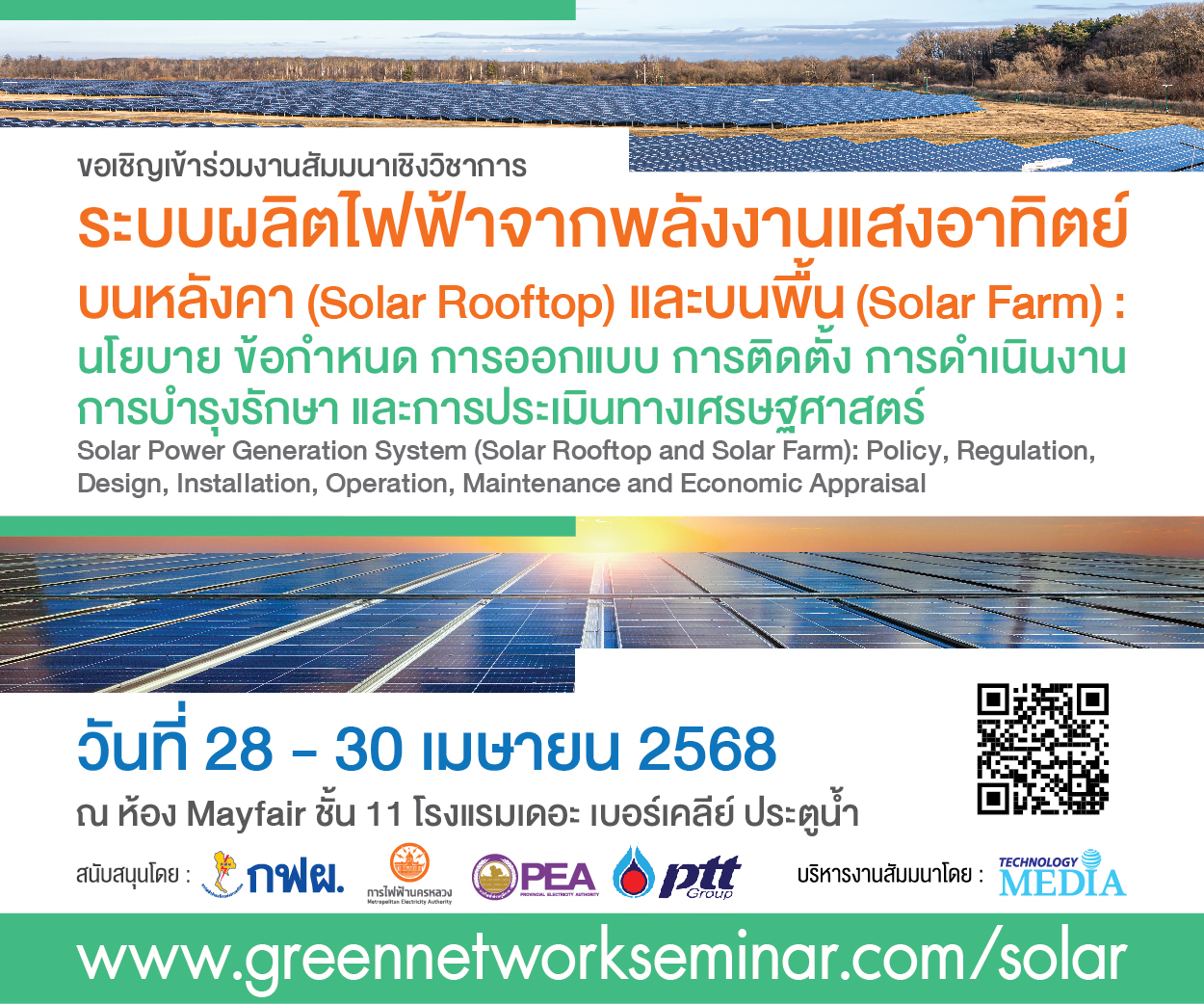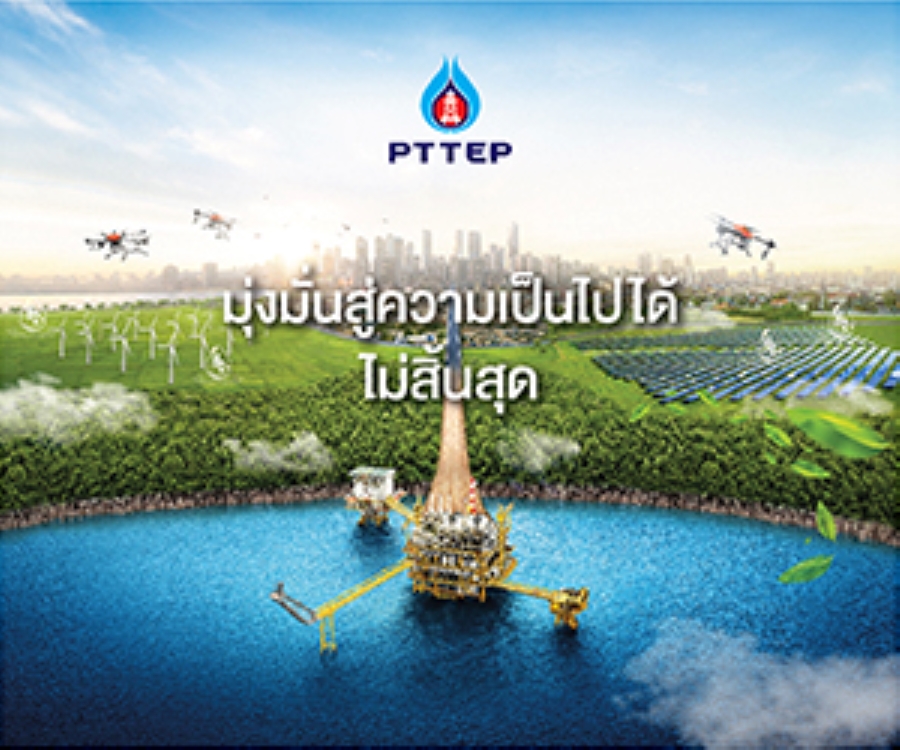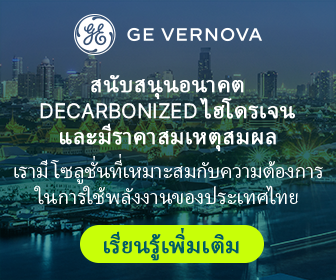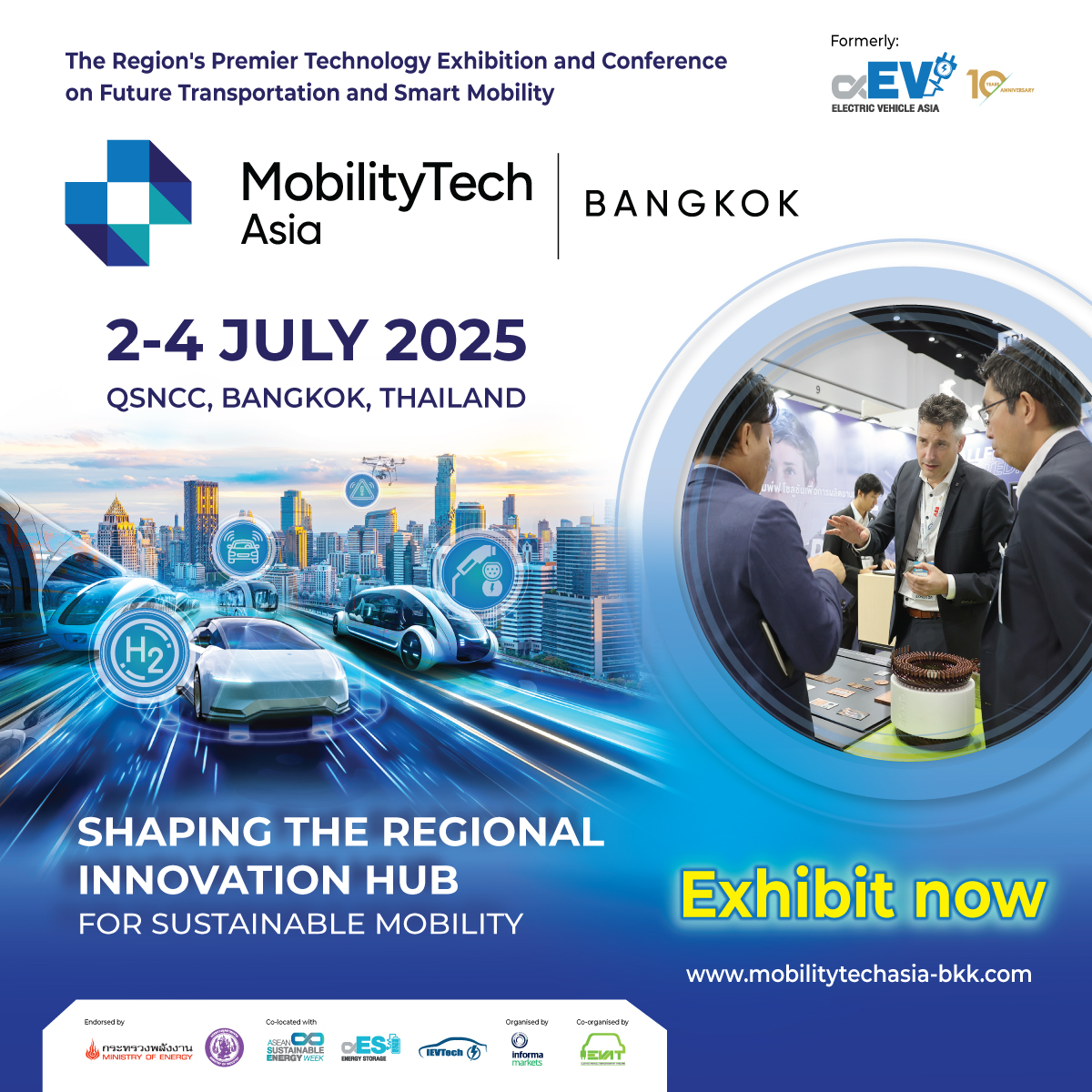Dow Thailand Group and other partners of the Public Private Partnership for Sustainable Plastic and Waste Management (PPP Plastic) launched the 2nd year of their plastic waste management mission. Highlighting circular economy concept, the undertaking will educate the general public on waste segregation under the goal to achieve 100% recycling within 2027.
Mr. Chatchai Luanpolcharoenchai, president of Dow Thailand, announced Dow’s commitment at the event marking the first-year achievements of the National Environmental Board’s plastic waste management sub-committee and PPP Plastic. He affirmed Dow’s collaboration with all parties in promoting sustainable plastic waste management under the circular economy philosophy. Supports will go to the plastic-related innovations that boost recycling rate and decrease the amount of plastic use, to achieve the 100% recycling goal. Collaboration will be extended to educational institutes, civil society organizations and communities, to educate young generation on the management and sorting of waste including plastics. Responsible consumption practices will be promoted among Thai consumers, urging them to sort waste at source.
“I believe that with collaboration from all parties, we can draw up a blue print that helps address Thailand’s waste problems in a sustainable manner,” Mr. Chatchai said.
Dow is one of the founding members of PPP Plastic, which was established by the Federation of Thai Industries and Thailand Business Council for Sustainable Development (TBCSD). Established on 5 June 2018 when the world celebrated the World Environment Day, PPP Plastic has secured supports from more than 20 organizations.
In its first year, the PPP Plastic network worked hand in hand with the plastic waste management sub-committee in formulating the plastic waste management master plan (2018-2030), which targets 100% recycling within 2027. The draft master plan was submitted for the Cabinet’s approval on 17 April, to serve as guidelines in tackling plastic waste in Thailand.
Aside from Dow, over 18 organizational partners of PPP Plastic also announced their support to the 2nd year mission, vowing to collaborate with all parties in sustainably addressing plastic waste. The partners are public and private organizations and civil society organizations such as Bangkok Metropolitan Administration; the Ministry of Natural Resources and Environment’s Pollution Control Department, Environmental Quality Promotion Department, and Marine and Coastal Resources Department; the Ministry of Interior’s Local Administration Department; the Ministry of Industry’s Plastics Institute of Thailand; Thailand Environment Institute; the Federation of Thai Industries; TBCSD; and several private organizations.

Mr. Chatchai asserted that Dow has handled plastic waste accordingly to PPP Plastic’s circular economy-inspired roadmap. New technology has been applied in several projects to raise recycling rates; for example, together with SCG, a technology is being developed to mix plastic waste with asphalt for road surface. Nevertheless, technology alone cannot address plastic-related problems. The task requires waste-sorting infrastructure and most importantly, a change in consumer behavior to ensure waste segregation at home.
“We must convince people that they can take part in addressing the problems. They can lend a hand. If waste is sorted at source, more plastics will be recycled and the recycling process will get easier.”
Under PPP Plastic’s 2nd year mission, Dow sets to deal with plastic waste accordingly to circular economy concept. Through education, consumers will be encouraged to change their behavior, by segregating waste at home. Dow plans to educate school-level and university-level students of best waste-management practices, to encourage consumers’ participation in addressing the problems with their own hands.
“We and PPP Plastic and the plastic waste management sub-committee are compiling information on which we will design a clear communications plan. The plan will be promoted in educational institutes, starting with schools. Our goal is to raise awareness and encourage students to segregate school waste. The students are then expected to pass on their knowledge to their parents and segregate waste at home. If kids take the lead, adults will follow their footsteps.”
The circular model for sustainable waste management has been globally recognized, as it promotes re-material and re-use. Yet, the model will be successful only if consumers have the right knowledge and perception in waste sorting at source and when sorting infrastructure is properly installed.
Thailand is the world’s sixth biggest contributor of ocean waste, sitting on about 2 million tons of plastic waste. Of total, only 0.5 million tons has been recycled and the rest goes to landfills and may slip to the ocean. The PPP Plastic network, has set the target to decrease ocean waste by half within 2027.













